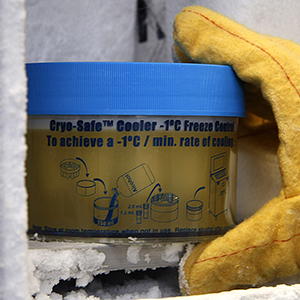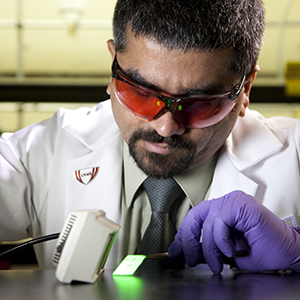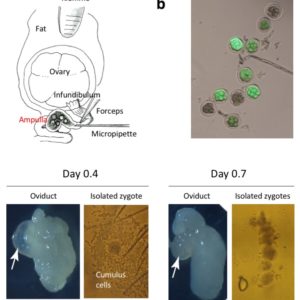Description
Cell line available for the in vivo study of anti-tumor effects of therapeutic compounds on MUC1-expressing pancreatic tumors
Pancreatic cancer is seldom detected at an early stage, spreads rapidly, and has poor prognosis with less than 5 percent surviving more than five years. The majority of all patients with pancreatic cancer have non-operable disease and current chemotherapies and radiotherapies are largely ineffective. As a result, novel therapies that can effectively target pancreatic cancer and help prevent metastasis are needed.
Researchers at the University of Nebraska Medical Center have developed a mouse pancreatic tumor cell line overexpressing human MUC1. MUC1 is a protein that is expressed in over 90 percent of pancreatic tumors and is aberrantly glycosylated. Thus MUC1 appears to be a potential target for the development of pancreatic cancer therapies.
Researchers have shown that subcutaneous immunization of mice with MUC1-overexpressing pancreatic tumor cells, provided protection against subsequent intra-pancreatic tumor challenge with MUC1-overexpressing pancreatic tumor cells. Furthermore, through the use of MUC1-overexpressing pancreatic tumor cells researchers have discovered a number of specific immune components required for the elimination of pancreatic tumors expressing MUC1.
This technology provides an in vitro model for testing and developing MUC1 targeted pancreatic cancer therapies and for studying in vivo anti-tumor effects of therapeutic compounds on MUC1-expressing pancreatic tumors.
To discuss licensing opportunities please contact Matt Boehm, PhD, at mboehm@unmc.edu or 402-536-9881.





